The Centre for Intellectual Property Policy and Management (CIPPM) at Bournemouth University has celebrated its 25th anniversary.
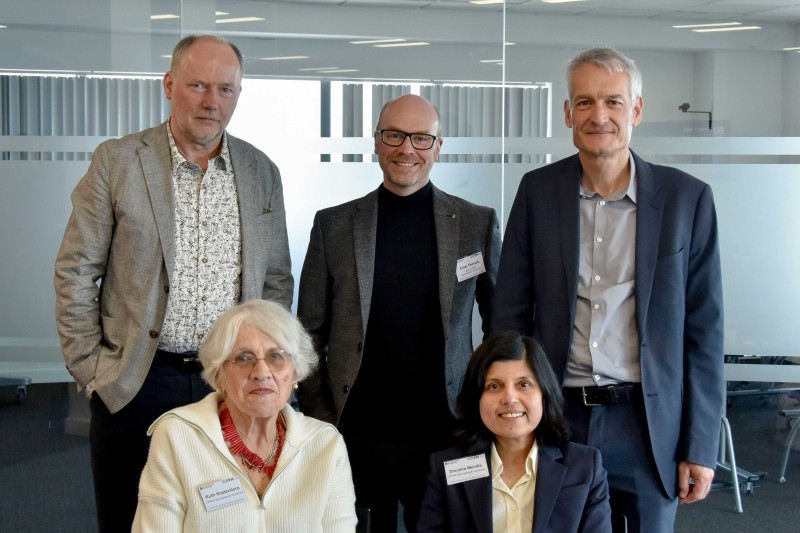
From L-R: (Top) Prof. Martin Kretschmer. Prof. Einar Thorsen, Prof. Maurizio Borghi, (Bottom) Prof. Ruth Soetendorp and Prof. Dinusha Mendis
Established in 2000 by founding directors Professor Ruth Soetendorp and Professor Martin Kretschmer, CIPPM has since carried out over 50 research projects by around 100 members – informing intellectual property policy in the UK and internationally.
In 2018 the Centre was named as a Jean Monnet Centre of Excellence for European Intellectual Property and Information Rights, co-funded by the Erasmus+ Programme of the European Union.
Research and consultancy projects have covered topics including 3D printing and intellectual property law; copyright and the regulation of Orphan Works; and the music publishing industry.
CIPPM research commissioned by the UK Intellectual Property Office recommended the introduction of a parody exception to copyright, which was adopted by the UK government and has benefited the creative sector through increased income, innovation and freedom of expression.
To celebrate the anniversary, CIPPM hosted a two-day event, bringing together past and present members and collaborators to showcase the changing landscape of intellectual property and the work of the centre during the past 25 years.
Opening the event, Professor Einar Thorsen, Dean of the Faculty of Media and Communication, said: “[CIPPM’s] reach across BU and beyond is truly incredible.
“The centre rightly prides itself on its reputation of evidence-based research and interdisciplinarity, exemplified by strong links with other departments within our faculty.
“The work of the centre extends nationally and internationally. It is really impressive and we’re incredibly proud of it.”
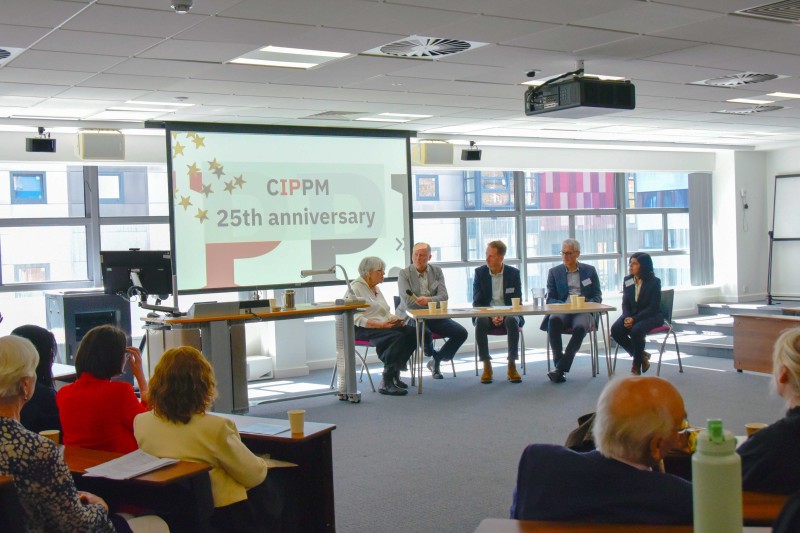
The former and current directors of CIPPM took part in a panel discussion
As part of the event, the past and current directors of CIPPM – Professor Martin Kretschmer (Founding Director, 2000-2012), Professor Ruth Soetendorp (Founding Director, 2000-2007), Professor Maurizio Borghi, (Director, 2013-2021) and Professor Dinusha Mendis (Director since 2022) – came together for a panel discussion to share their insights and experiences of being part of the centre.
Professor Kretschmer spoke of CIPPM’s unique approach of looking at the effects of IP law and its impact, working with businesses and companies of all shapes and sizes to help them understand what IP meant for them.
Professor Soetendorp described CIPPM as acting like a ‘marriage guidance counsellor’ – bringing together partners and helping them to understand each other.
Professor Borghi added that CIPPM brought together intellectual property enthusiasm and scepticism, adding that a critical view of the limits of IP was needed alongside a strong and solid knowledge of the field, while Professor Mendis spoke about the creative and collaborative approach taken by CIPPM, talking to people outside of IP law.
When asked what the biggest challenges in the next 10 years might be, the panel spoke about advances in technology such as AI, changes in geopolitics and foreign policy, and maintaining a balance of IP rights against other legal protections like trade secrets and confidentiality.
Attendees at the event were also asked to contribute to a time capsule, writing their predictions for the future of both the centre and intellectual property.
Professor Dinusha Mendis, current director of CIPPM, said: “CIPPM isn’t the biggest centre but the people we have – whether they are permanent staff or visiting fellows – have built a vibrant community.
“It’s not about the quantity but the quality of what we do. CIPPM members together have achieved a lot, and we can be really proud of that.”
Find out more about CIPPM
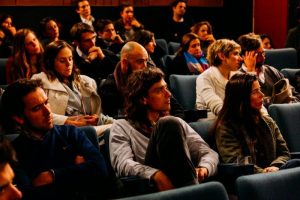
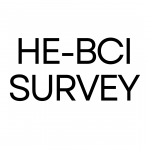 Find your faculty table
Find your faculty table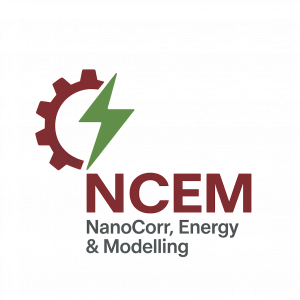
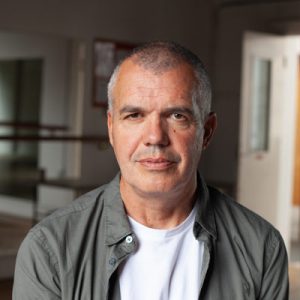
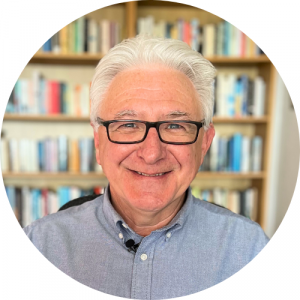
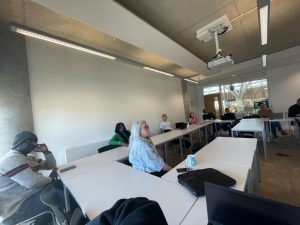
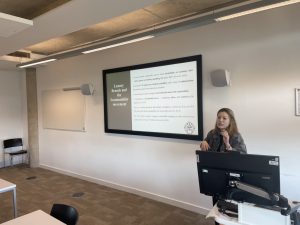
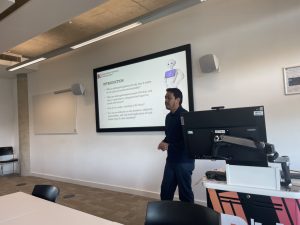



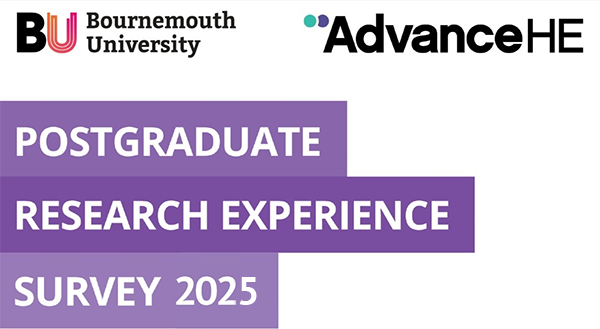
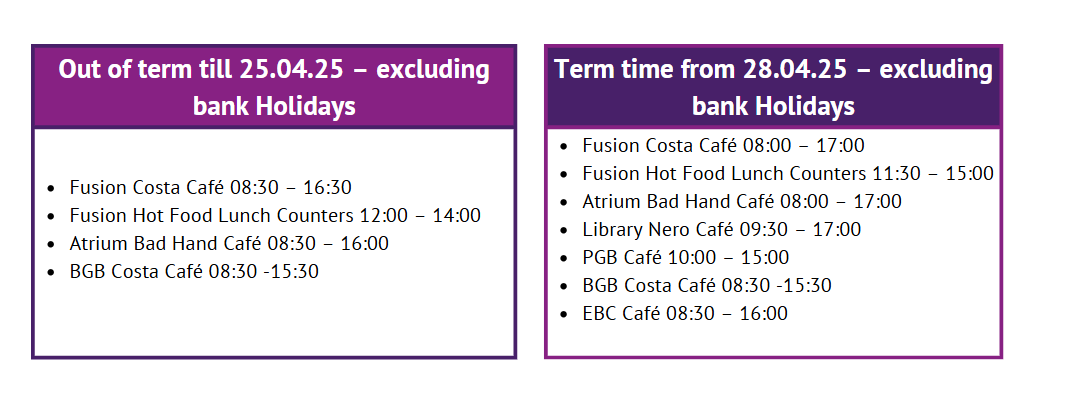

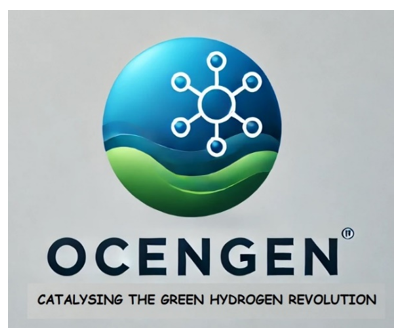
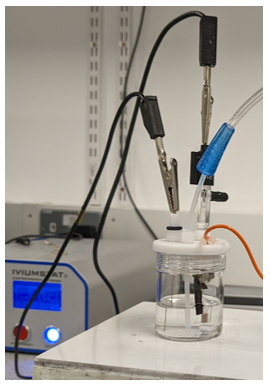


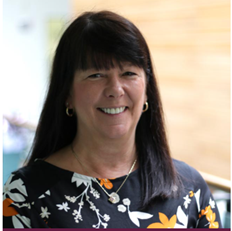




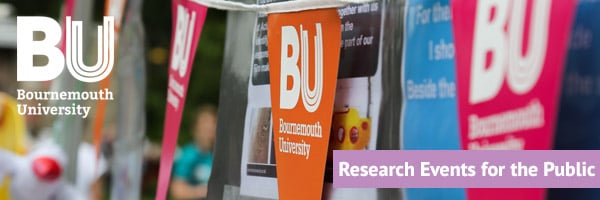

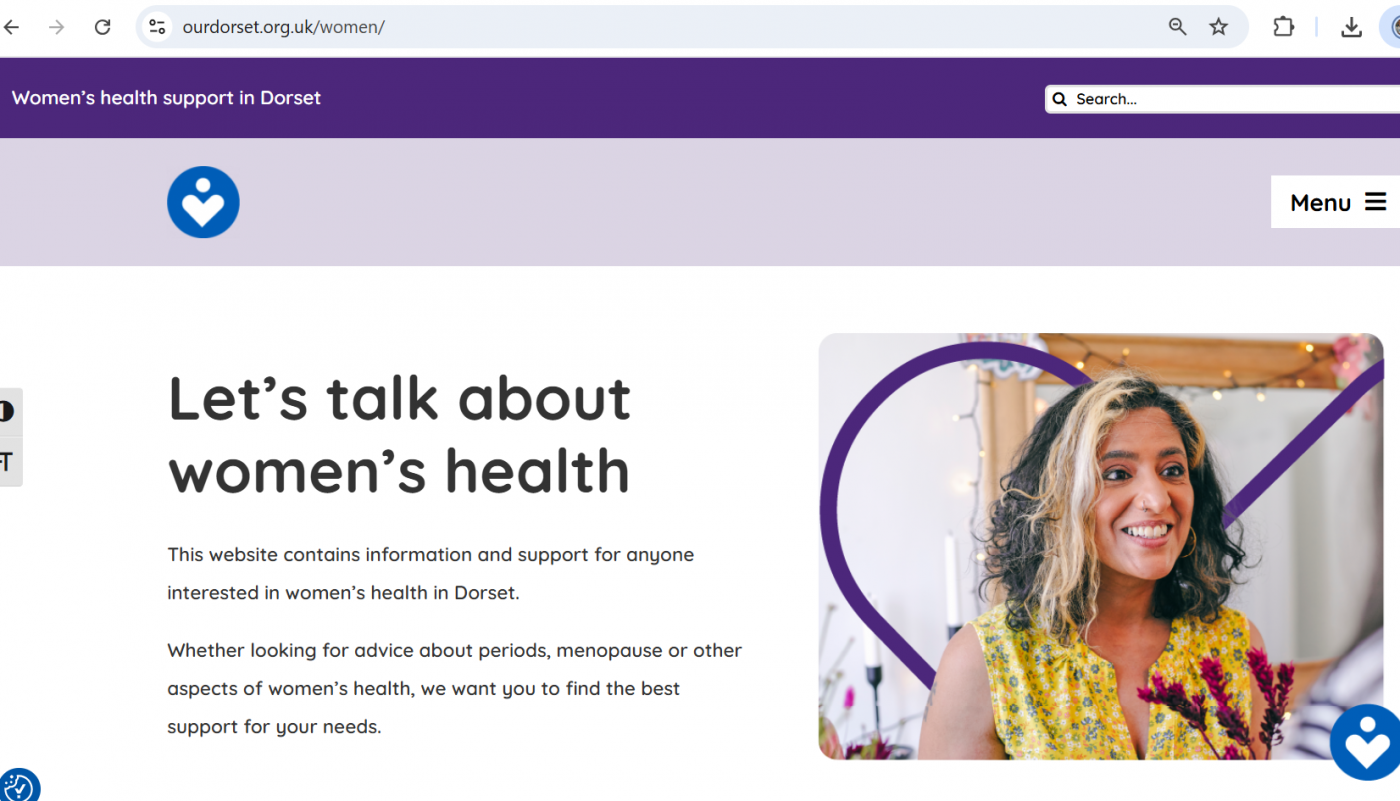
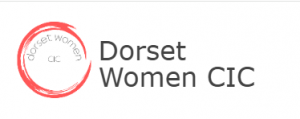
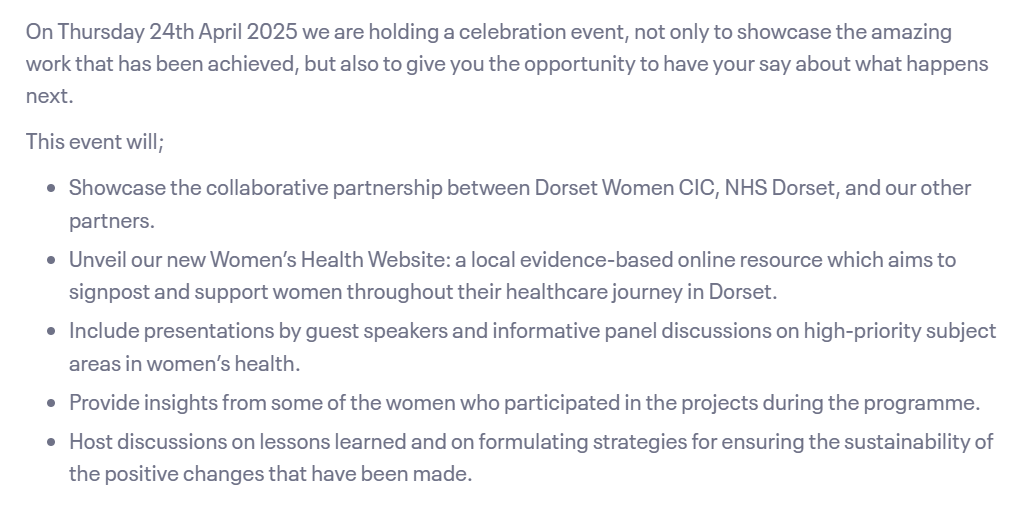












 REF Code of Practice consultation is open!
REF Code of Practice consultation is open! BU Leads AI-Driven Work Package in EU Horizon SUSHEAS Project
BU Leads AI-Driven Work Package in EU Horizon SUSHEAS Project Evidence Synthesis Centre open at Kathmandu University
Evidence Synthesis Centre open at Kathmandu University Expand Your Impact: Collaboration and Networking Workshops for Researchers
Expand Your Impact: Collaboration and Networking Workshops for Researchers ECR Funding Open Call: Research Culture & Community Grant – Apply now
ECR Funding Open Call: Research Culture & Community Grant – Apply now ECR Funding Open Call: Research Culture & Community Grant – Application Deadline Friday 12 December
ECR Funding Open Call: Research Culture & Community Grant – Application Deadline Friday 12 December MSCA Postdoctoral Fellowships 2025 Call
MSCA Postdoctoral Fellowships 2025 Call ERC Advanced Grant 2025 Webinar
ERC Advanced Grant 2025 Webinar Update on UKRO services
Update on UKRO services European research project exploring use of ‘virtual twins’ to better manage metabolic associated fatty liver disease
European research project exploring use of ‘virtual twins’ to better manage metabolic associated fatty liver disease